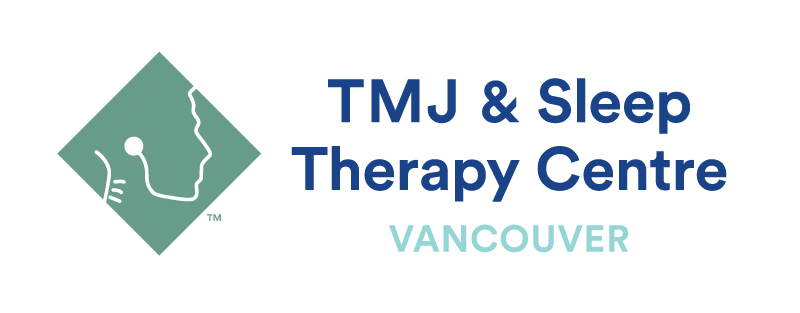Cervicomandibular disorder involves both TMJ and neck dysfunction. Patients with these conditions often cannot work and their lives are greatly affected. This is often, but not always a result of motor vehicle accident or sports related whiplash or concussion injuries (along with brain trauma). Examples of everyday trauma are: a teacher getting hit in the face by a student’s flying shoe during a sports day game; a hunter getting kicked in the face by a presumably dead moose; a person slipping and falling onto a railing striking their face; a student getting punched during a fight; a sports enthusiast getting kicked accidentally by a Taekwondo instructor; or person being involved in motor vehicle accident.
Hockey, ringette, skiing and baseball related sports injuries are examples of this type of disorder as the face and neck receive injury the same time. Often these cases involve shoulder and lower body injuries that make up the total experience of body inflammation from trauma. These cases are much more difficult to treat but are commonly seen in our Centre.
This disorder usually requires care from multiple healthcare providers such as sleep specialists, chiropractors, osteopathic practitioners, physiotherapists, acupuncturists or posture educators. We work closely with these other healthcare providers to care for patients who unfortunately suffer as a result of these incidents. Our objective is to improve the patient’s quality of life. Complete recovery for this type of disorder is likely for those who have the determination to work with these healthcare providers. Also, recovery may take many months and perhaps years.
Many of our patients are referred to our Centre by medical doctors, surgeons, dentists, lawyers, Worksafe BC, ICBC, physiotherapists and our past patients.
Complex TMD involves cases where there are chronic multiple system problems such as fibromyalgia, chronic fatigue, obstructive sleep apnea, irritable bowel disease, multiple chemical sensitivity, interstitial cystitis, hypothyroidism, diabetes, emotional distress, Lyme’s disease and generalized myofascial pain syndrome. Severe traumatic injuries and TMJ surgical intervention will require post-surgical rehabilitation. Our Centre also treats patients in these situations. We do our utmost to improve the quality of life for patients in these circumstances, but complete resolution of TMD in these cases cannot be promised.
